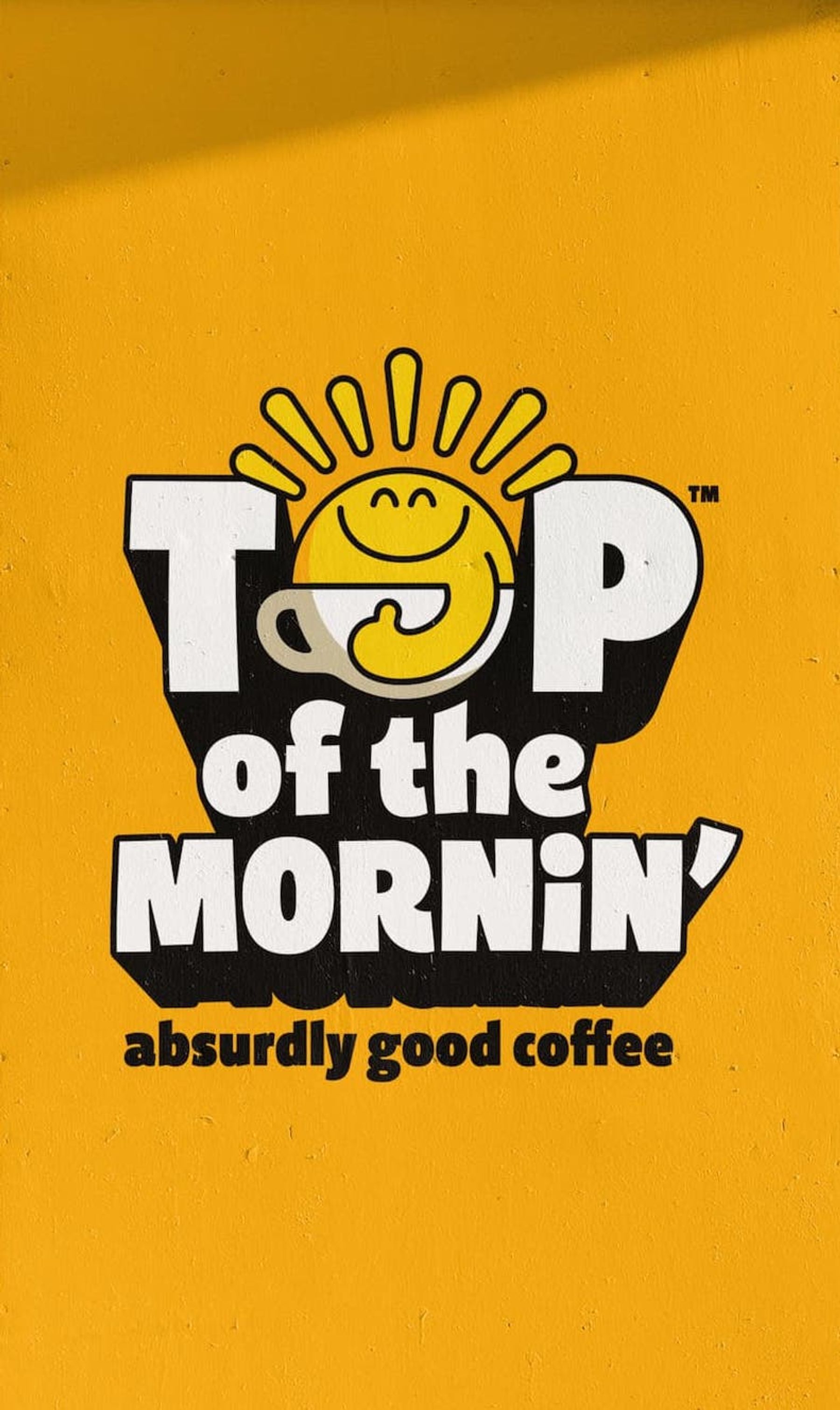What makes a scale-up a success? Is it investment in branding? An excellent product? Visionary founders? Or a potent mix of all of these, combined with a big dose of luck?
“Really great product is the secret,” says Charlie Holman, Strategy Director at Founders Makers – which has worked with early stage companies including Little Moons and Crunchits. “And that’s the number one secret. The primacy of product, or the service you’re delivering, is that number one secret thing.”
“There’s no point leading people somewhere and seeing it fall apart,” agrees ️co-founder and Chief Creative Officer Faraz Aghaei. “[Creative agencies] can do the best possible job, but if the product isn’t good, you’re going to have a funnel that’s leaking the whole time.”
But that doesn’t mean brands don’t need creative agencies. In fact, according to Holman startups should bring creative teams into their business at a much earlier stage. “For a lot of product managers, creative agencies are their worst nemesis sometimes because they’re just thinking about brand or creative,” he explains.

“Actually, you want an agency to feed into product development so you can make it great – especially at the startup stage. A lot of CMOs might see their creative agency as not having an influence – they’re very much there to promote the brand and creative, rather than how a product should be developed. But that’s where the creative partnership comes into it.”
"That switch-up in mentality is incredibly important because it’s the way to futureproof your success."
Faraz Aghaei, Chief Creative Officer, Founders Makers
FIND YOUR AGENCY EARLIER
The mindset is definitely shifting. Founders Makers are increasingly working with brands that want to bring agencies on at product development stage, to better understand what consumers are thinking. As Aghaei explains it: “It’s seeing how they feel before we say, ‘that’s the one, let’s roll it out’. That switch-up in mentality is incredibly important because it’s the way to futureproof your success.
“Marketing teams are at the front, they’re seeing it, they’re speaking to consumers, they’re seeing the feedback,” he continues. “We find it sometimes bewildering when people don’t have marketing feeding into product. There’s something in marketing and product being far more intertwined, and the rise of the Chief Experience Officer is that role. It’s going to be great for brands.”
And according to Founders Makers, connecting the dots like this, at an earlier stage, is what sets the foundation for startups to succeed. They believe that early stage brands need to go through a critical period of experimentation and testing, to make sure they don’t slip into the chasm between startup and scale-up stage.



FORGET THE GUIDELINES, FOR NOW
That’s experimentation in terms of the category, the product, the branding, the strategy, and anything else that helps founders identify where their distinctiveness truly lies.
“It’s a red flag if a startup founder comes to us with a 40-page brand guideline, and they haven’t launched a product yet,” explains Aghaei. “At that startup stage the logo can change, the name can change, your product might change, the positioning might change, your audience might change. So let’s not be obsessed about that kind of stuff. You’re not ready to scale if you’re still doing those experiments and finding out what your difference is,” he says.
“It’s a red flag if a startup founder comes to us with a 40-page brand guideline, and they haven’t launched a product yet."
Faraz Aghaei, Chief Creative Officer, Founders Makers
“The founder has been thinking about this business potentially their whole life,” adds Holman. “They have all these gut feelings and hypotheses, and at startup stage it’s important to get them down and meticulously go out and answer those hypotheses. That feeds into experimentation, which feeds into great product. It’s going to find you that difference you have.
“That creates the space and opportunity for your creativity to make a difference. It’s one of the most important things that’s going to make you successful. You build mental availability with distinctive brand assets that are easily remembered, and these are the things that are going to be the difference, commercially, down the line. But you need that first bit to create space for you to play in that area.”

AFTER THE EXPERIMENT
Once a brand moves into scale-up mode, it’s a totally different approach. Founders are thinking about different metrics, CMOs are starting to shift away from ROAS and CPA as their holy grails, and in general, brands go through a major organisational, investment and mindset shift.
“Everything flips, and it’s that point that a lot of businesses get it wrong,” says Holman.
"It’s about valuing creativity, but valuing it in the right ways, and not just for the surface."
Faraz Aghaei, Chief Creative Officer, Founders Makers
Brands at scale-up stage also need to rethink their agency relationships. Startup CMOs are ‘yes people’, says Holman, whereas scale-up CMOs are brand guardians. “You’ve done your experiment, you’ve got the right answer, and now it’s about consistency of messaging,” he explains. “Monzo are a great example of this. They’ve built a product through experimentation with this niche community that’s super differentiated, and now they’re going out with the distinctiveness – painting London coral red. That’s what’s going to take them to the next level in the scale-up situation.”
“IT’S ABOUT REDEFINING WHAT WE THINK OF AS CREATIVITY”
The key takeaway? An agency’s involvement doesn’t begin and end with the branding and marketing. “A lot of the time we think: they do the branding, they do the campaign, they do the social stuff and that’s the creativity,” says Aghaei.
“But where we approach it from is that creativity needs to be commercial. Creativity has to live in the product first and foremost – it can live everywhere else as well. It’s about redefining the way we see creativity. It’s about valuing creativity, but valuing it in the right ways, and not just for the surface.”



